
On the morning of June 28, 2025, the NASPAA–CANSPPA Super Panel took place at Siyuan Hall, Guanghua Tower, Fudan University. Centered on the theme “Bridging Theories and Practices of Public Service Education in China, BRICS, and Arab Countries,” the event was co-hosted by the Network of Schools of Public Policy, Affairs, and Administration (NASPAA) and the China–Arab Network of Schools of Public Policy and Administration (CANSPPA), and jointly organized by Fudan Institute for Global Public Policy (IGPP) and the Fudan–Arab Research Centre for Global Development and Governance. The panel brought together distinguished scholars and experts in public administration from China and around the world.
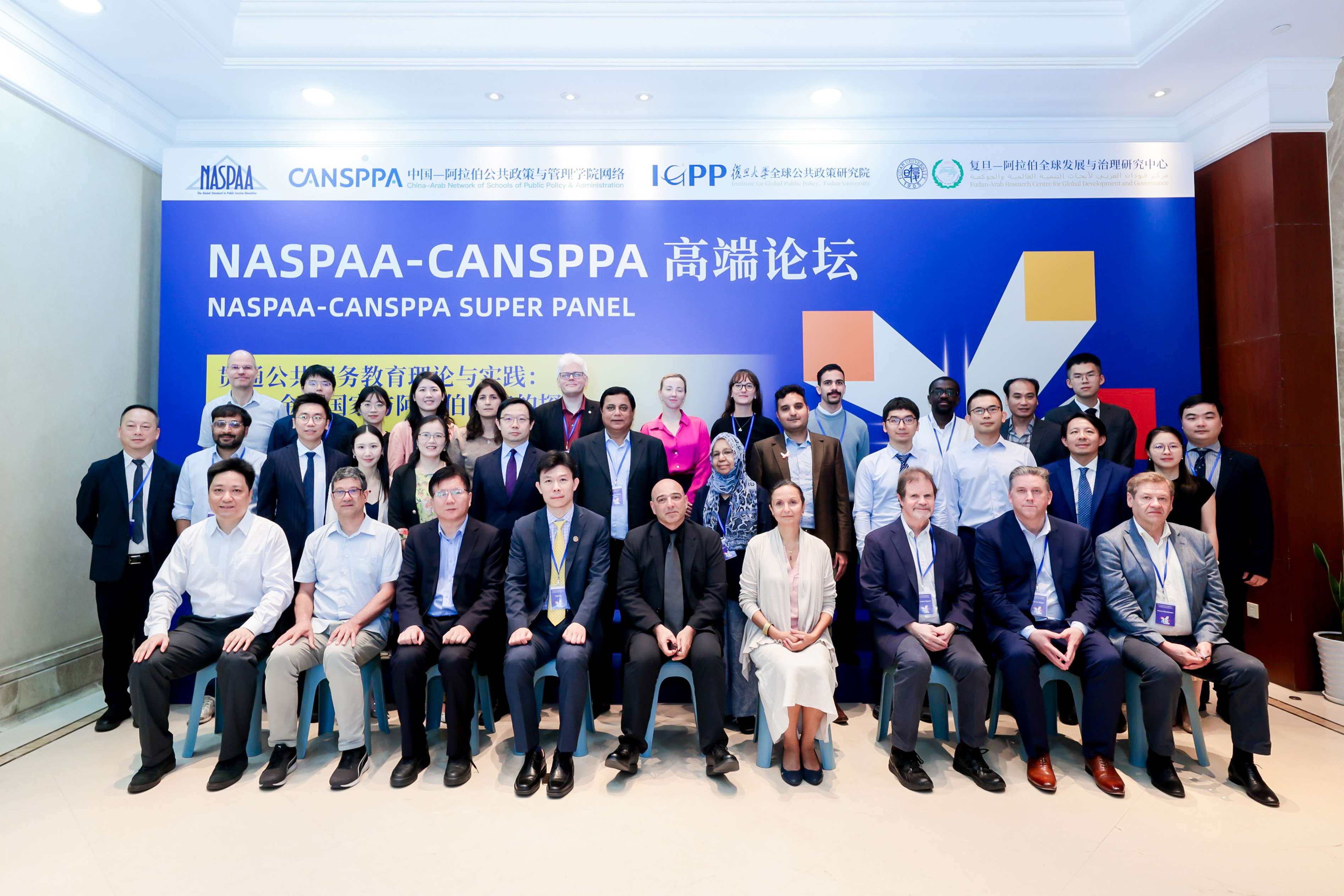
At the opening ceremony, Professor Yijia Jing, Chair of CANSPPA and Dean of IGPP, warmly welcomed participants. He reviewed the vision behind CANSPPA’s establishment and its development since 2023, highlighting IGPP’s achievements in promoting China–Arab academic cooperation, joint education initiatives, and youth exchanges. He also introduced recent collaborations between NASPAA and CANSPPA, expressing hope that universities from China, BRICS countries, and the Arab world would engage more actively in these initiatives. Mohamed Alkadry, President of NASPAA, thanked IGPP for its role in organizing the forum and emphasized the significance of CANSPPA’s growth in connecting the Arab public administration education community, addressing regional governance challenges, and advancing Global South cooperation. Professor Chunkui Zhu, Director of the MPA Education Steering Committee at Fudan University, commended IGPP’s work on the International Master of Public Administration (IMPA) program and expressed hope that such collaborations would further integrate theory and practice in public service education across China, BRICS countries, and the Arab world. The ceremony was chaired by Associate Professor Ping Jiang of IGPP.
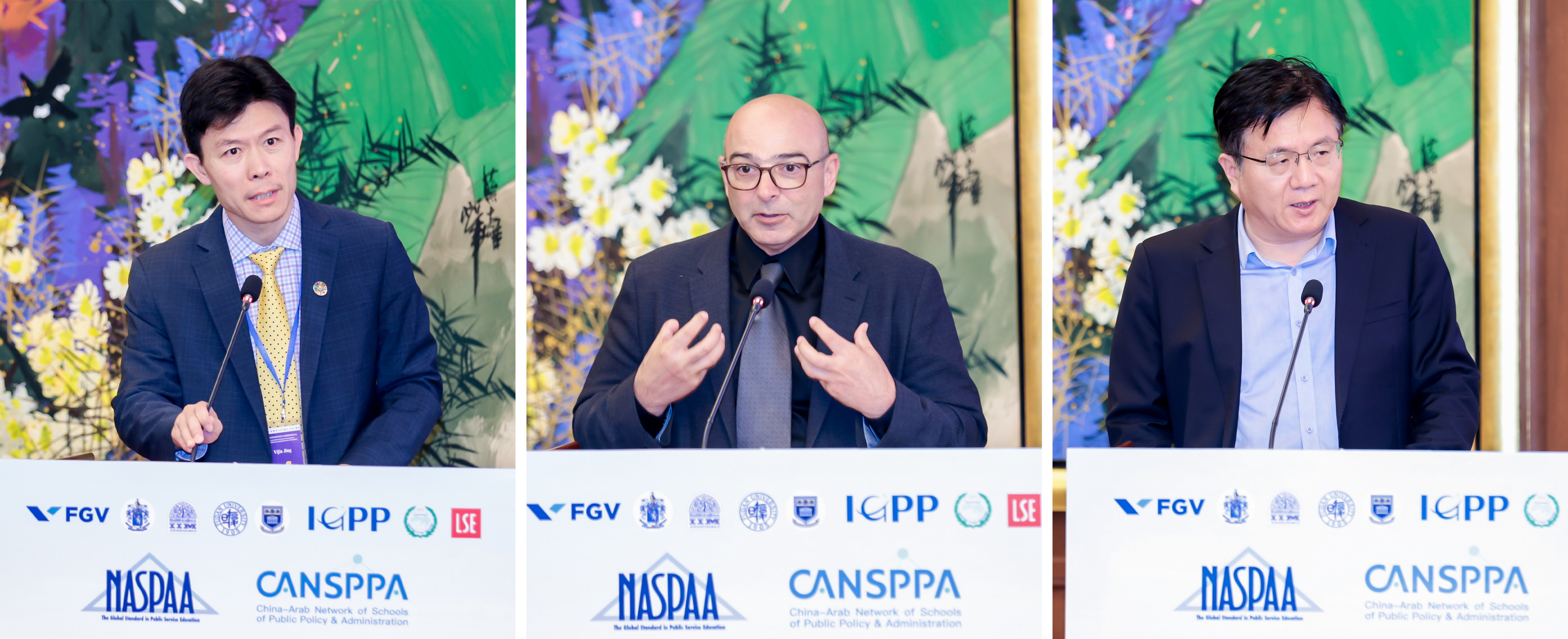
During the CANSPPA new member admission ceremony, Professor Jing introduced the two newly joined institutions: the College of Public Policy at Hamad Bin Khalifa University (Qatar) and the School of Public Administration at Renmin University of China. Professors Alkadry and Zhu presented gifts to representatives of the new member institutions, after which all CANSPPA member representatives gathered on stage for a group photo.
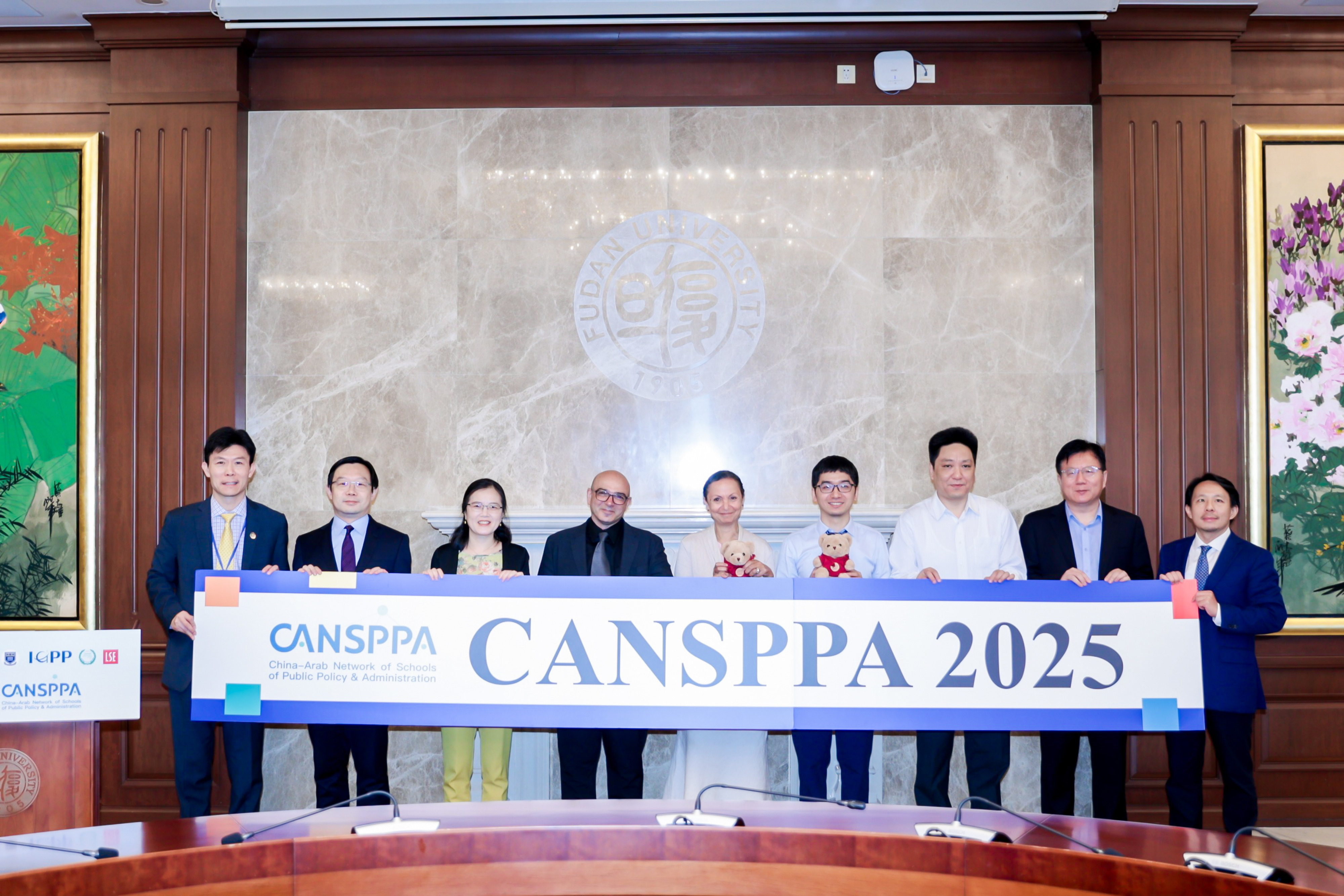
The first Subforum focused on MPA education in China. Deputy Dean Yuning Gao of the School of Public Policy and Management at Tsinghua University presented on “The Competencies-Oriented Social Practice of MPA Education.” Deputy Dean Qiushi Wang of the School of Government at Sun Yat-Sen University discussed “Characteristics, Challenges, and Trends of China’s MPA Programs for International Students.” Associate Professor Jian Zhang of the School of Government at Peking University delivered a report titled “Historizing International MPA Education in China: From the Late Imperial Times to the 21st Century.” Deputy Dean Youlang Zhang of the School of Public Administration and Policy at Renmin University of China presented “Strengthening Public Service Education by Advancing Faculty Development: Perspectives on Gender Diversity, Training Background, and Technological Integration.” Associate Professor Ge Xin of the School of Public Economics and Administration at Shanghai University of Finance and Economics spoke on “Cultivating Contextually Competent Public Service Leaders: Challenges and Innovation in China’s MPA Education,” while Associate Professor Ziteng Fan of IGPP presented “Innovation through Internationalization: Leveraging Global Resources for Holistic Student Development in IMPA.” The Subforum was chaired by Associate Professor Haoqi Qian of IGPP.
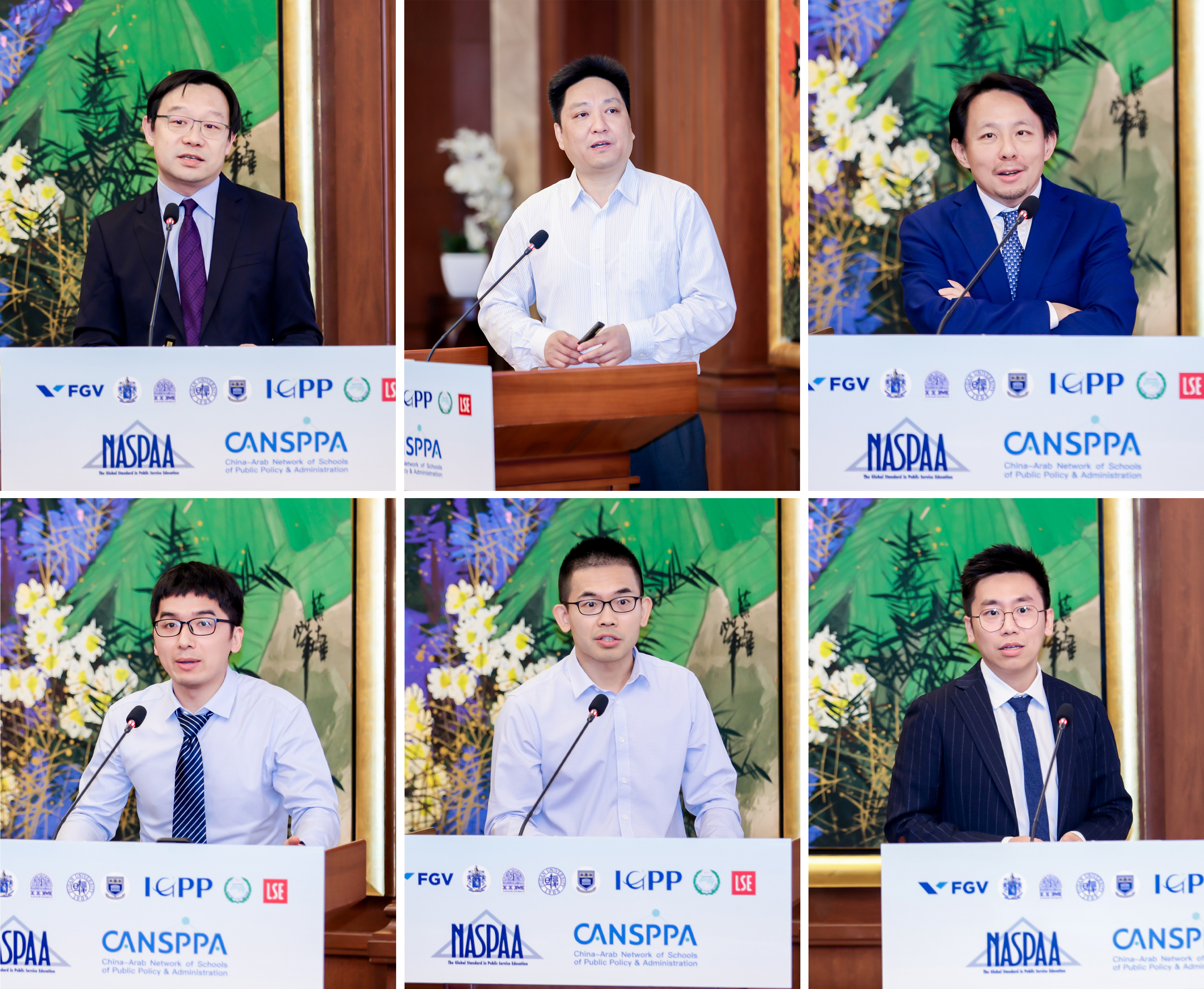
The second Subforum focused on “MPA Education in the Arab World.” Dean Noha El-Mikawy of the School of Global Affairs and Public Policy at the American University in Cairo highlighted the need to cultivate MPA talent to address the challenges of capitalism in the neoliberal era and foster a more inclusive and open international environment. She suggested that NASPAA and CANSPPA guide MPA education to align with regional practical needs, providing policymakers with enhanced tools for social governance. Associate Professor Osman Antwi-Boateng from United Arab Emirates University emphasized that effective collaboration between academia and public management departments can improve MPA teaching quality. Associate Dean Chrysostomos Tabakis of the School of Public Policy at KAPSARC noted that MPA education must adapt to societal changes driven by AI and proactively address new governance challenges arising from today’s complex geopolitical landscape. The Subforum was chaired by Dean El-Mikawy.
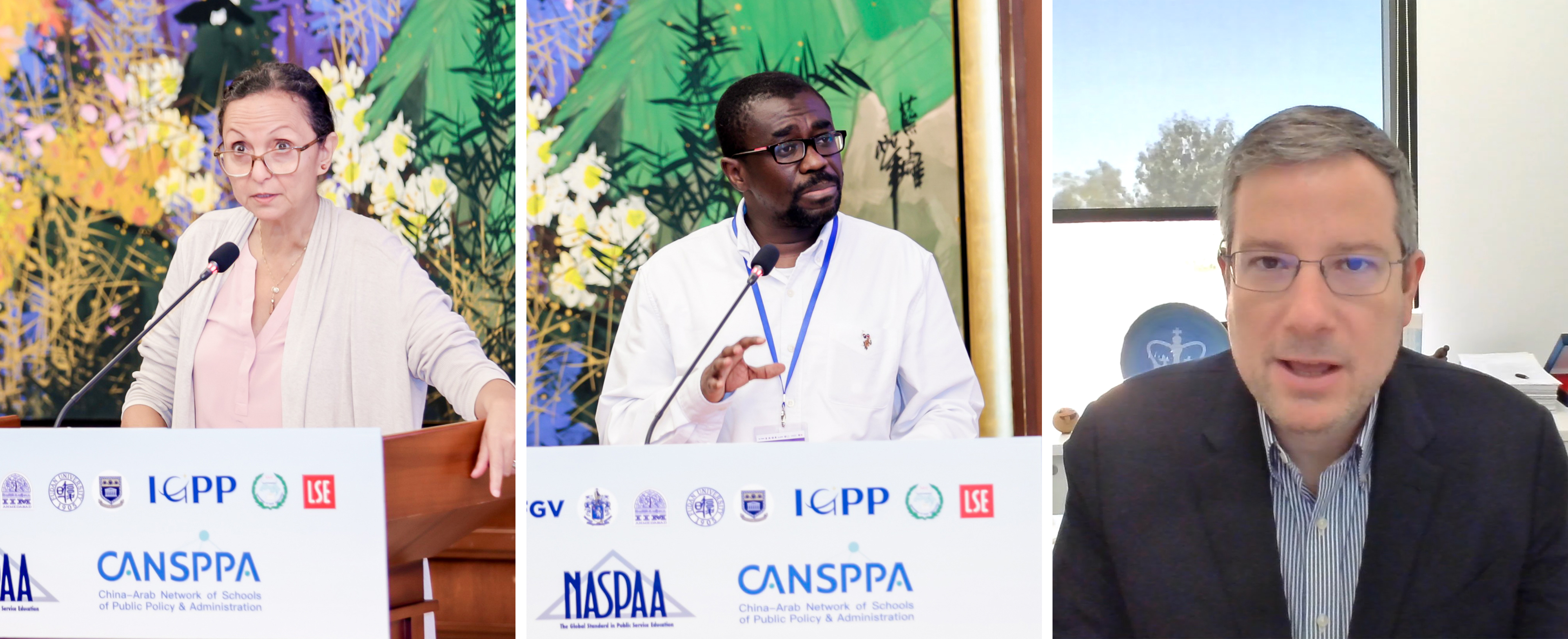
The third Subforum explored “MPA Education in the BRICS.” Professor José Puppim de Oliveira from Fundação Getulio Vargas discussed the experiences and distinctive features of its MPA program. Emeritus Professor Christopher Tapscott of the University of the Western Cape highlighted the impact of South Africa’s colonial history on public management capacity and social transformation costs. Professor Alexey Barabashev of the Higher School of Economics presented Russia’s recent efforts to launch specialized MPA programs to meet societal needs. Associate Professor Prateek Raj from UCL Global Business School for Health outlined development bottlenecks in India’s MPA education and suggested learning from Chinese institutions to integrate emerging technologies into curricula. Senior Editor Himanshu Shekhar Mishra from New Delhi Television emphasized universities’ critical role in skills development and interdisciplinary integration within Indian MPA programs. Lecturer Hung Nguyen from the International School of Vietnam National University reported that MPA education in Vietnam is actively aligning with national reform initiatives. The Subforum was chaired by Dean Warren Mabee of School of Policy Studies at Queen’s University, Canada.
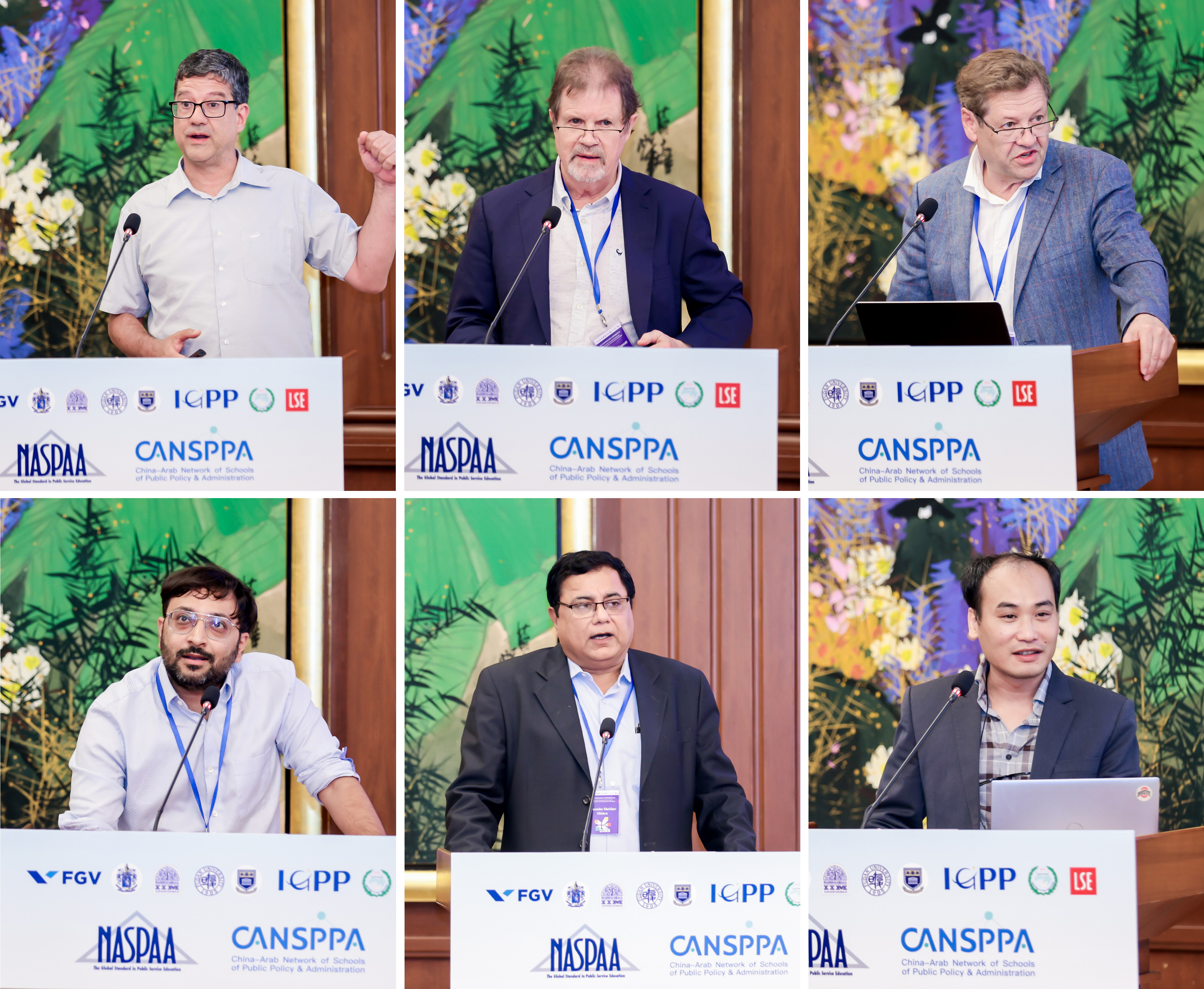
At the conclusion of the forum, President Alkadry and Dean Jing provided summaries and future outlooks. President Alkadry acknowledged the forum’s role in promoting exchanges among the public administration academic communities of China, BRICS countries, and Arab nations, welcomed more universities to join NASPAA, and expressed anticipation for expanded collaboration with CANSPPA. Dean Jing emphasized the importance of strengthening ties between CANSPPA and NASPAA, noting current priorities such as the orderly inclusion of active and responsible members, building group identity and cohesion, and advancing Sino-Arab cooperation. He also reviewed IGPP’s 2024 annual IMPA project workshop and invited more CANSPPA member institutions and BRICS universities to participate, fostering the continued development of the IMPA program.




